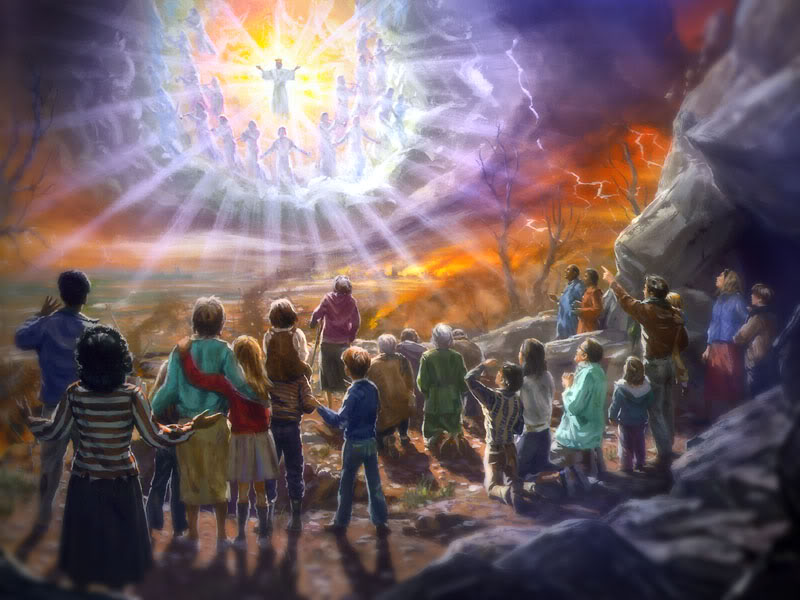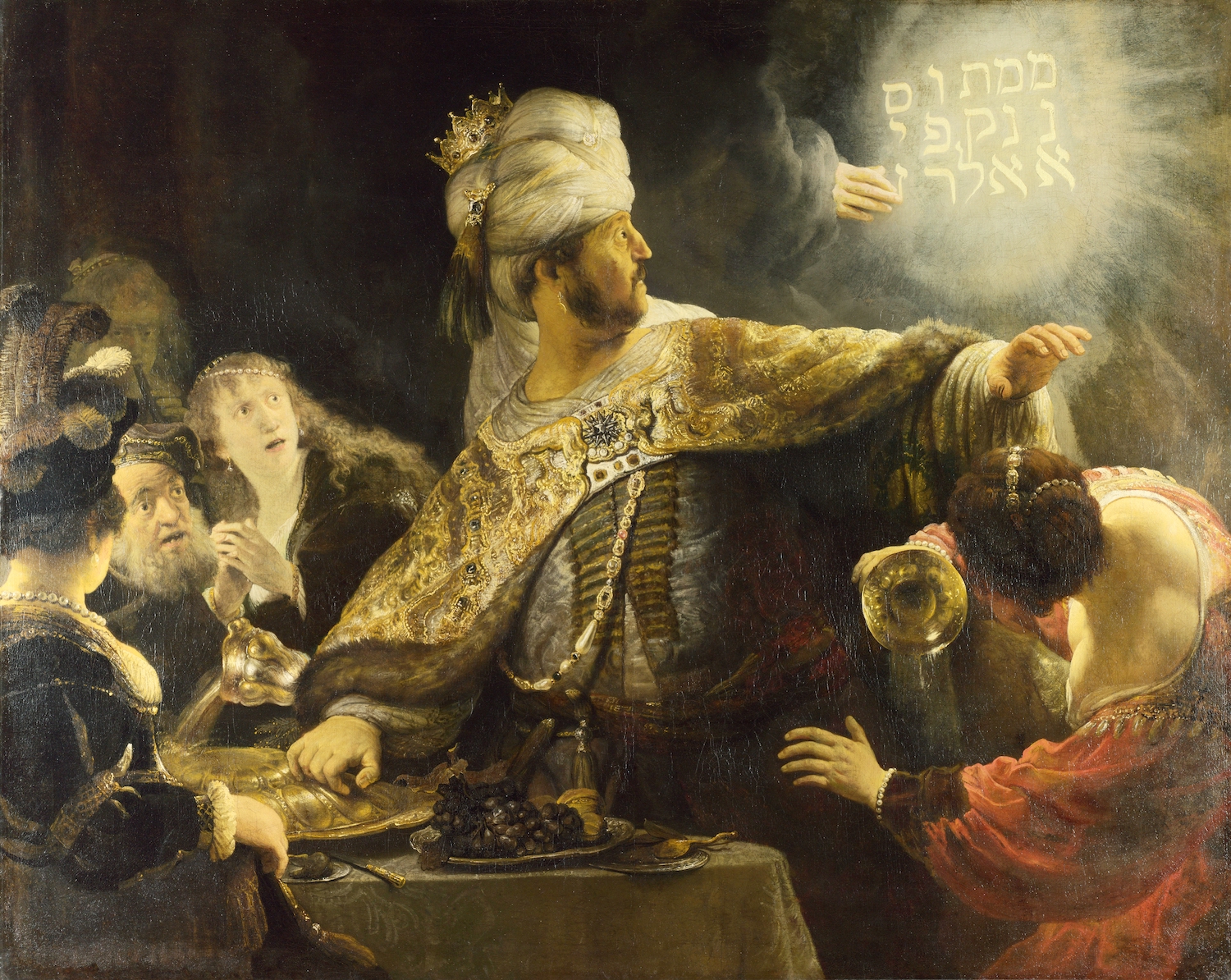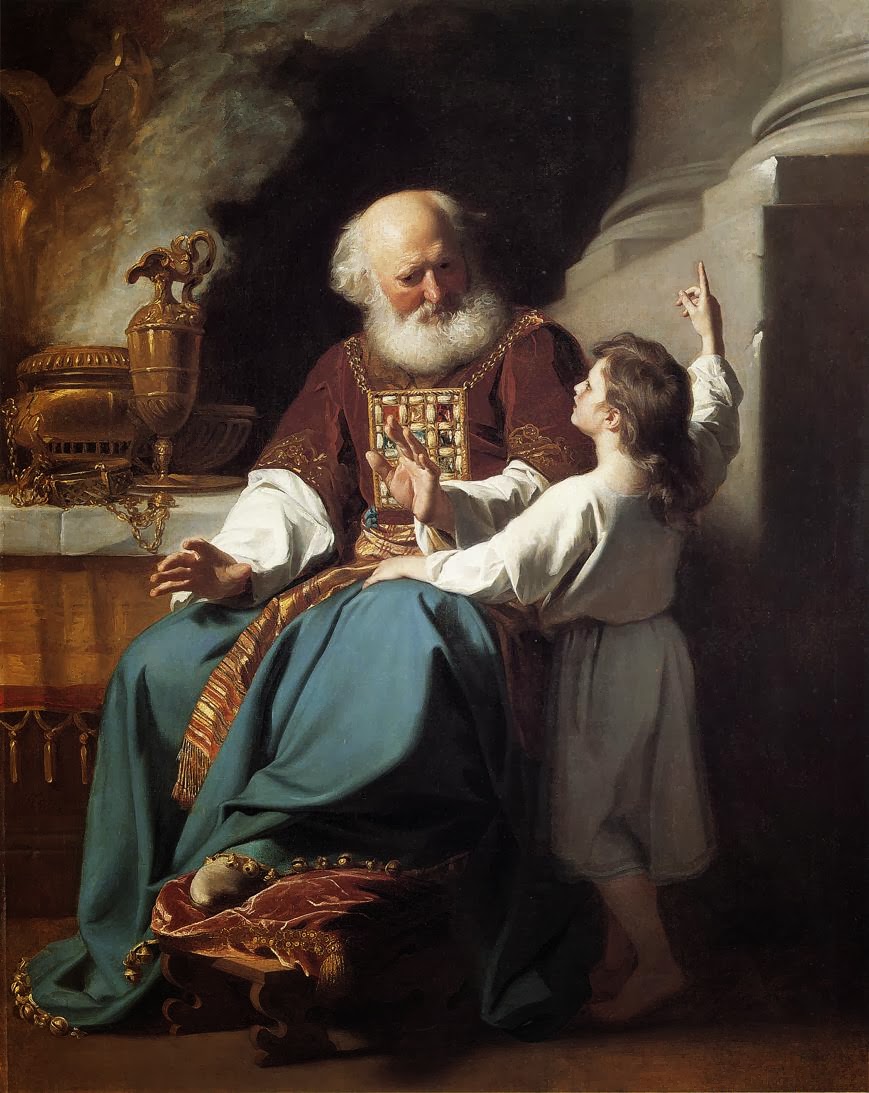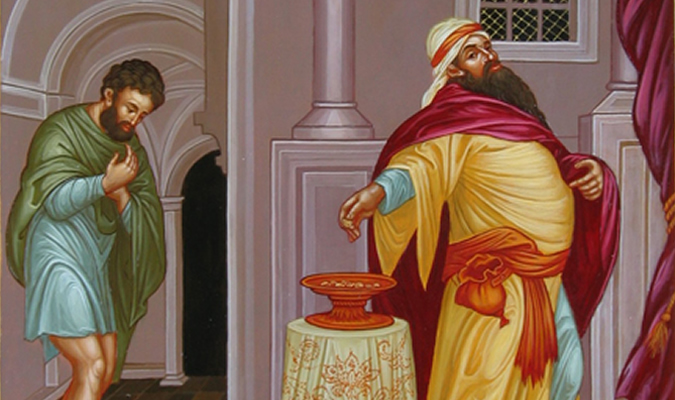This is part 1 of 3 in a series on Being Christian.
 As Christians we await for the Second Coming of Christ. This will be a time when all will be reconciled with God, the dead will be raised, and the kingdom of God “will have no end”, as the creed says. In the gospels Jesus spoke much about the coming of the Kingdom. St Paul’s letters show he was anxiously awaiting this second coming. In a messy world with hatred, sin, violence, oppression, exclusion, and starvation, the day when all will be made right and every tear will be wiped away sounds wonderful. But when will it happen? The Acts of the Apostles begins with the story of the risen Jesus gathering with his disciples who ask him when he will restore the kingdom to Israel. They were still expecting an earthly kingdom. They wanted everything to be ordered just right. Jesus responds, “It is not for you to know the times or seasons that the Father has established by his own authority.”
As Christians we await for the Second Coming of Christ. This will be a time when all will be reconciled with God, the dead will be raised, and the kingdom of God “will have no end”, as the creed says. In the gospels Jesus spoke much about the coming of the Kingdom. St Paul’s letters show he was anxiously awaiting this second coming. In a messy world with hatred, sin, violence, oppression, exclusion, and starvation, the day when all will be made right and every tear will be wiped away sounds wonderful. But when will it happen? The Acts of the Apostles begins with the story of the risen Jesus gathering with his disciples who ask him when he will restore the kingdom to Israel. They were still expecting an earthly kingdom. They wanted everything to be ordered just right. Jesus responds, “It is not for you to know the times or seasons that the Father has established by his own authority.”
Yet sadly, some Christians have disregarded Christ’s words and attempted to predict this second coming over the centuries (the next prediction is 28 September 2015). Looking through the scriptures for codes and clues for when the second coming will occur is not what being Christian is all about. The only clue on how to be Christian is to follow Jesus’ example, living a life that makes God’s kingdom present here on this earth, in this life. This is our understanding of the kingdom of God as “already not yet”. As Jesus said, “The kingdom of God has come near” (Mark 1:15). We can see how the presence of God reaches out to us in the here and now.
The joy of Ignatian spirituality is seeing this God in the here and now. It’s why Pope Francis talks so often about an encounter with Jesus in our daily lives. That encounter happens in the people we meet and the little ways God touches us. It happens in prayer and reflection, and in reading scripture. When we spend our time looking for God in some distant far-off second coming, we forget to see how God’s kingdom is unfolding before our very eyes.
Readying ourselves for Christ’s second coming ought to include a taking account of Ignatius’ three questions: What have I done for Christ? What am I doing for Christ? What ought I do for Christ? Hoping and longing for the day when all will be reconciled to God should provoke us to witness the “already not yet”, where we as Christians are called to baptise and raise the dead and help bring new life to the world. When we take those actions in the here and now we are the agents of God’s kingdom. As Theresa of Avila said, Christ has no hands and feet but ours. Responding to God’s call to work for the reconciliation of the world is a step toward this future time. We patiently and slowly bring to fruition the ultimate promise of Christ: new life for all.
Listen to an audio version of this post…
Music by Kevin MacLeod









Andy I like this very much. I so agree. I can only worry about the 2nd coming after the first coming’s needs have been met.
Even though we don’t know the exact date (can you imagine what kind of world this would be if people did know the exact day and time?) we have been given signs that precede Christ’s return. In Matthew 24,Jesus described them as “the beginnings of birth pains”. Famines and earthquakes in various places. Nation will rise against nation. People will fall away from and betray one another as their love grows cold. That describes a great apostasy, which counters claims by some that there will be great revival prior to Jesus’ return. While we’re not to fret and worry over the exact date, Jesus gave those signs so that we may be prepared, for He also said he would come like a thief in the night. I believe it’s very literal. It’s not figurative or metaphorical in any way.